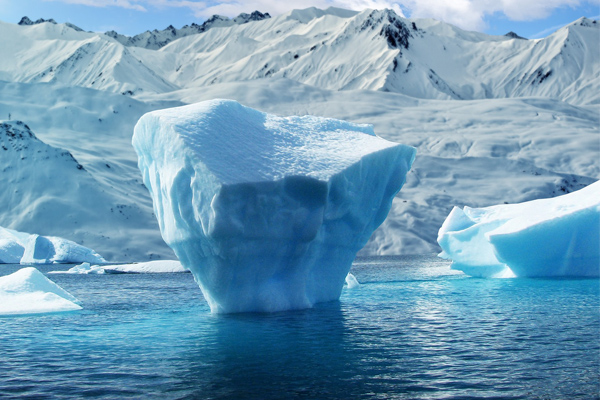Lincoln Climate Research Group
Through wide-ranging and transdisciplinary research into climate science, impacts, and policy, the Lincoln Climate Research Group aims to address the physical, social, environmental, and political causes of climate variations in the Global North and Global South.

/prod01/university-of-lincoln-cdn-pxl/media/responsive2017/research/newresearch/Map,of,Africa,1600X600.jpg )



